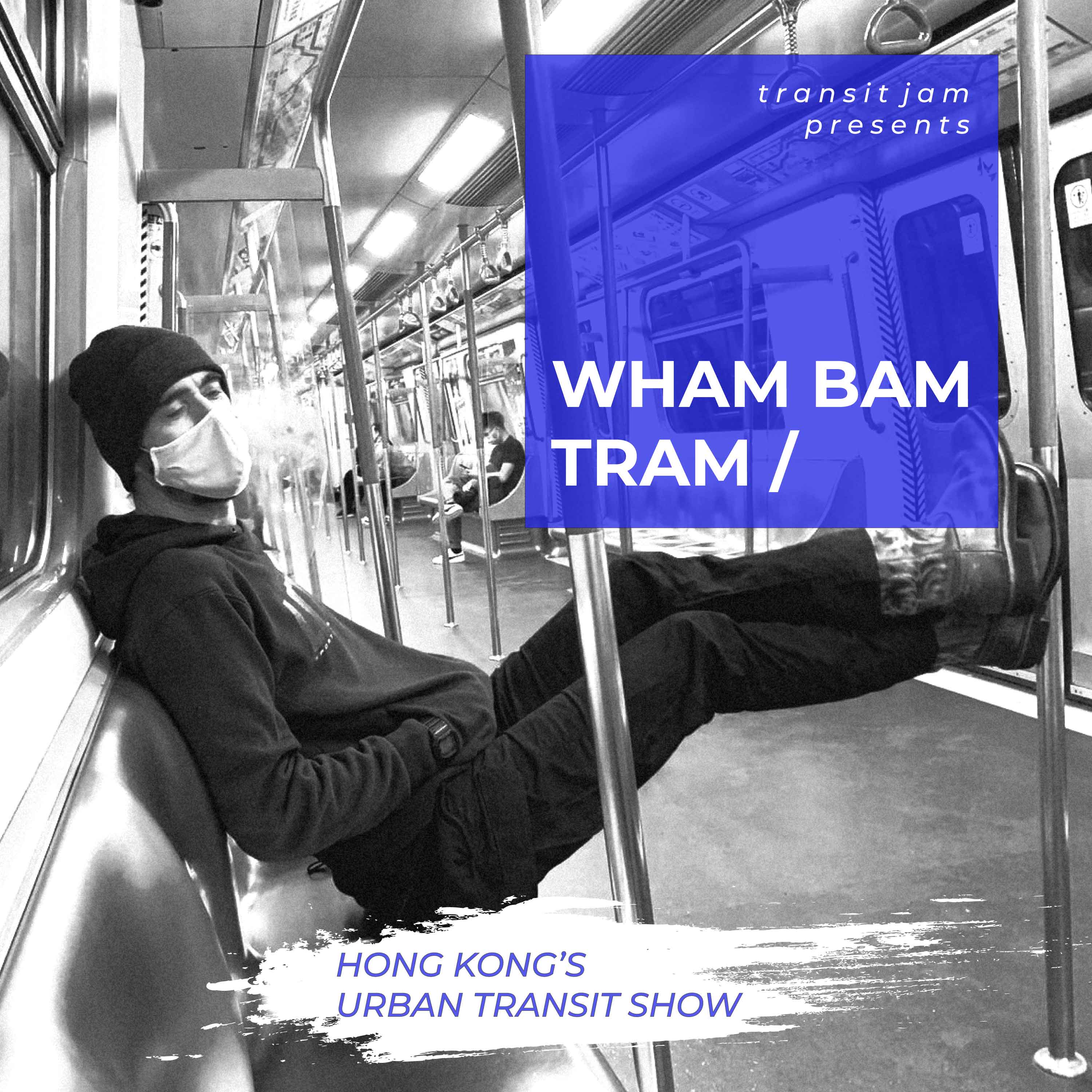
A mountain of illegal garbage dumped at just one Caine Road blackspot every day: apartments pay unscrupulous contractors as little as HK$100 a month to dump the garbage illegally. Meanwhile FEHD says no irregularities are found at the site.
The rubbish-strewn streets of mid-Levels are a symptom of unscrupulous garbage contractors who dump mountains of trash illegally on footpaths rather than paying for it to be properly handled, according to a Food and Environmental Hygiene Department (FEHD) official speaking to Transit Jam on condition of anonymity.
Luxury apartment buildings along Caine Road and Prince’s Terrace, for example, are paying as little as HK$100 a month to have their garbage collected, according to the FEHD source, who says the buildings use these token contracts to absolve themselves of all responsibility.
“Those buildings who pay just $100 a month don’t care how the garbage is handled,” said the official. “Therefore, it appears some of the collectors are just collecting the apartment garbage and throwing it on the street.”
The source said on top of this, other apartment buildings or building contractors simply dump their garbage directly on footpaths to save money on waste disposal.
“A builder who has three vans of construction waste, if he dumps some of it on the street illegally he only needs two vans. But he’ll still charge the client for three vans,” said the official, in an exclusive and frank exchange on the issues surrounding waste management.
When asked why FEHD doesn’t mount operations to catch perpetrators, the official said it was possibly due to “laziness of the upper management level”.
According to the source, some blackspots have now become “unofficial waste transfer stations”, with FEHD paying private contractors to clear them every morning.

Happiness is… dumping your garbage on the street without paying for its proper disposal. A daily dumping ground on Peel Street obstructs paths for pedestrians, particularly those more vulnerable pedestrians using wheels #OnTheList
FEHD did not respond to questions on the cost to the taxpayer of these unofficial operations, nor whether such arrangements might further encourage more illegal dumping.
District Environmental Hygiene Superintendent (Central/Western) Li Yat-fung has defended FEHD’s record, claiming “no irregularities” have been found at many black spots around mid-Levels.
According to Li, FEHD has “all along been closely monitoring the situation and taking appropriate action against offenders for illegal dumping of waste in public places when detected,” she said in a letter (seen by Transit Jam) to the Ombudsman, who was investigating claims of malpractice by the department.
At the junction of Caine Road and Ladder Street, a notorious blackspot with tonnes of illegal trash blocking even the footpaths every morning, Li told the Ombudsman five tickets had been given for illegal dumping in the last 12 months. “We conducted several ‘blitz’ operations there even at the small hours of the day,” said Li. “No irregularities were found.”
The issue of illegal dumping has been a key debating point between lawmakers and government officials in discussion of the proposed waste-charging bill. Under that scheme, which has been under discussion since 2011, all trash (except medical and construction waste) will need to be placed in special bags which will cost between HK$0.3 for a three-litre bag to HK$73 for a 660-litre bag.
Last week, activists urged the government and lawmakers to press ahead with that waste charging scheme. “A very strong support expressed by the public should encourage legislators and politicians to not be afraid to put the extra charge on the community, because the community is ready,” said District Councillor Paul Zimmerman, who is also a board member of think tank Civic Exchange.
Over years of discussions, lawmakers from both sides of the political aisle, including Elizabeth Quat and Jeremy Tam, for example, have questioned whether the government’s plans would prevent abuse or illegal dumping.
The government has said it will learn from other cities overseas and further strengthen its camera network to prevent fly tipping. However, a Transit Jam investigation in February revealed those IP cameras to be largely useless in preventing fly-tipping.
Lawmaker Frankie Yick, who chairs the Bills Committee tasked with scrutinising the government’s proposed bill, says illegal dumping is certainly a big concern for lawmakers. “We do have questions on how our government can carry out the law enforcement in an effective manner. And how many people our government needs to do law enforcement,” he told Transit Jam this afternoon.
Yick says his own view is that more “emphasis on education” is needed.
Categories: Law and Enforcement, Policy, Transit






FEHD should open the bags, check for anything with an address, and photograph the contents. Next check who is involved in cleaning and waste management. Send a warning to all. I did exactly this to stop repeated dumping along Victoria Road. An envelope led me to a building along Des Voeux Road West. The residents explained how they handle their waste (leaving it along the road for collection by an FEHD contractor). Which led me to FEHD. After laying out all the evidence the problem of repeated fly tipping which had gone on for years, miraculously disappeared. For years, I had made reports of fly tipping, and FEHD dutifully reported back several hours later that it was cleaned up. But never did they open bags and check the source. If they had done it, they would have long recognized their own contractor, who would dump along the road when running late and missing the closing time of the transfer station. Life is simple. With some effort, we can clean up our city. As for small contractors dumping construction and renovation waste – they need a transfer points in different districts, instead of having to go all the way to TKO.